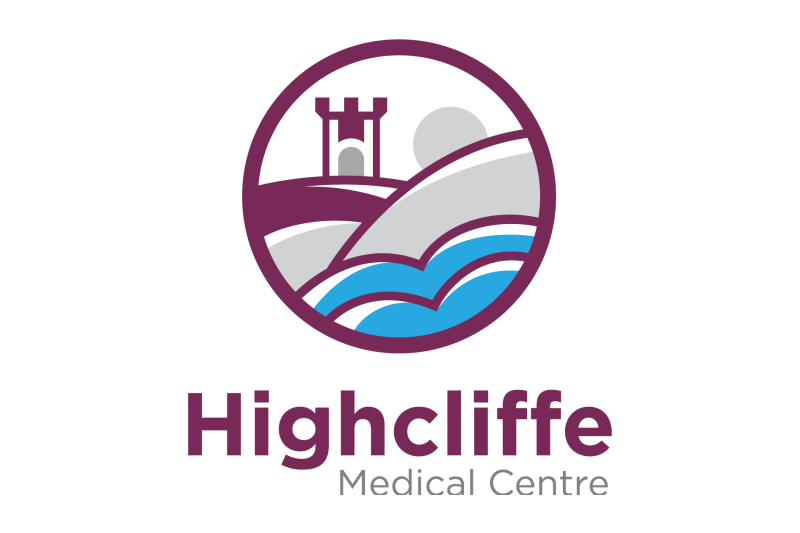Tackling a complex problem
In the UK, one third of adults aged over 65 years old fall annually. This increases to half of all individuals aged over 80 years old. Over 500,000 older adults attend UK emergency departments following a fall each year. The direct and indirect costs of these falls to the NHS is currently estimated at £2.3 billion annually.
The cost to individuals, however, is of further personal consequence - such as a resulting fear of falls, reduced physical activity, physical degeneration, reduced social activity, increased isolation, and an overall, lower quality of life.
We assume that risk of falls and fall related fractures are normal consequences of ageing. However, it does not have to be this way, because evidence clearly shows that falls and fragility fracture risk can be reduced and even resolved, with the correct, appropriate, and timely intervention.
Yet falls and fragility fracture prevention is limited in the United Kingdom, and both falls, and fragility fractures are an increasing problem. Consequently, the focus of the NHS is in managing and treating falls when they occur, rather than preventatively. This does not align with the ideology of the NHS long-term plan, which calls for more to be done on focusing the prevention of illness.
This research project will develop a new digital innovation to support screening and treating the risk of falls and fragility fractures within community dwelling adults.
Developing digital screening tools
The digital tool takes the form of a i-pad and kiosk setup. This will host a private website allowing individuals to complete self-rated screening tools to assess their risk of falls and fragility fracture (developed by BU).
It will be a freely available resource within community settings and will stratify people into a risk group of either being at risk of falls or fragility fracture, or not. All individuals will be provided with educational resources (post or email) to self-manage their risk factors independently and those highlighted as at a risk of falls or fragility fracture will be given resource packs and offered follow-up assessment with a suitably trained healthcare professional in partnership with their local GP surgery.
Project aims
This project aims to assess the effect of a ‘screen and intervene’ intervention on falls and fragility fractures, amongst all adults, in community dwelling populations. Specifically, this study will look to assess the feasibility, acceptability, and fidelity of implementing a low cost, rapid and digitalised workflow alternative, to identify and manage individuals who are at risk of a fall or fracture, in the community, prior to them seeking medical attention for such an injury.
Project objectives
1. Self-rated screening tool
2. Early Clinical screening
3. Provide access to an improved pathway
4. Life-long resources
Research partnerships
In collaboration with Highcliffe Medical Centre, this study will be launched in the Dorset village of Highcliffe on Sea. This medical practice was chosen as Dorset has the oldest population in the country (28% of the population aged over 65s vs. the national average of 18%) with Highcliffe having one of the oldest populations in Dorset (45% of the population aged over 65). The medical centre cares for over 16,000 registered patients, 50% of whom are over 65 years old. The study will allow us to access the feasibility, acceptability, and fidelity of the service before this can be trialled in diverse regions across Dorset, then nationwide.
The research is being undertaken in collaboration with The Commonland, a UK innovation company which aims to unite people of all ages through a deeper understanding of what we have in common, for the benefit of society and the economy. We are currently operating working and focus groups to ensure that this digital innovation is free from ageist stereotypes and is an accessible resource for all adults that engage with it.
Launching the research
To try to tackle the issue of rising falls and fragility fractures, and assist front-line care staff, Dr Susan Dewhurst was awarded a grant by the National Institute for Health and Care Research to undertake this stage 1 research project.
After this, Susan and the project team began working with local GP surgeries and wider NHS and private healthcare providers to draw out some examples of best practice and strategies that could be used to implement the project long-term. Using a wider team of digital innovators, IT and computing specialists alongside healthcare professionals has been a key element to inform and guide the research forward toward its current prototype stage.
“Working collaboratively with a wide array of specialists was essential to developing the digital innovation and toolkit that we have created today, because we were able to draw on the expertise of a multitude of professionals, each with unique skillsets.
"We were able to pull from best practice guidelines used by frontline staff and the expertise of digital innovators to create a safe, secure, and reliable tool which has the potential to be of great benefit to local communities” says research assistant Matthew Sait.
